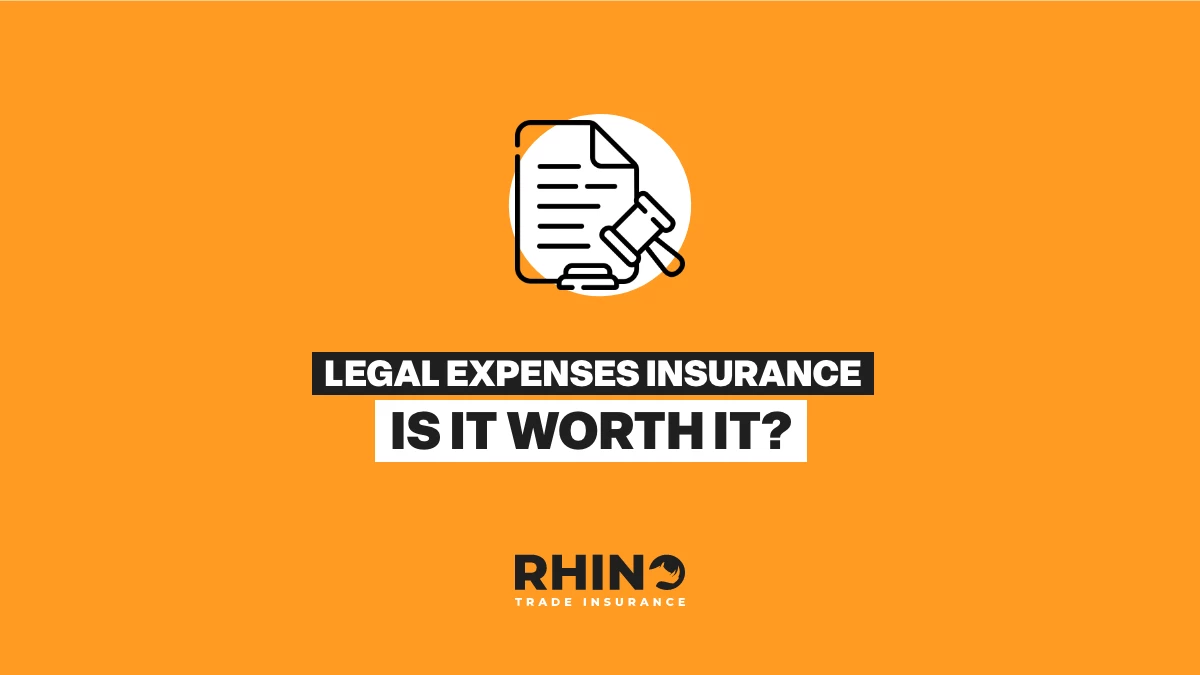
Legal Expenses Insurance – Is it Worth It?
Legal Expenses Insurance for tradespeople explained—what it covers, when you might need it, and how it protects against costly legal fees.
One of the hot topics around town at the moment is the future of gas boilers in the UK. Millions of homes across the country are heated this way, and many climate change fighters are targeting a fundamental shift in this area. Figures recently released highlighted that gas boilers in the UK produce twice as much climate-heating carbon emissions as all of the nation's gas-fired power stations combined.
With this attack on the industry, we wanted to share our latest thoughts on which direction this might take us and what you can do as a tradesman or heating engineer to prepare.
For years now, activists have been making their voices heard about the need for more renewable and cleaner energy. It seems that today's governments are starting to implement policies that take some form of action.
As a country that relies heavily on gas, you may be sat wondering what does this mean for your job in the future? Thankfully, we will always need our homes heating, so jobs won't be going anywhere! And considering new build homes are constantly going up with gas boilers installed, we wonder how long some form of change will take to implement!
New data collected has found that home boilers collectively produce eight times as much nitrogen dioxide as power plants. Nitrogen dioxide is an air pollutant linked to tens of thousands of early deaths a year in the UK.
Another analysis by the ECIU has stated that homes with energy performance certificates (EPC) in-band D will face paying £100+ extra every year for their gas compared to people living in a band C home. More staggering is that anyone in a home rated F could see an increase of up to £250 a year.
One of the main areas for improvement is said to be low-carbon heating, such as heat pumps. Heat pumps run on electricity and are highly efficient. However, they cost much more to install than gas boilers. The CBI has warned that should homes continue to install gas boilers beyond 2025, then the UK's net-zero target will be "doomed".
You ought to keep your eyes peeled for what's coming next. It's a matter of when will (not if) energy surcharges go into effect on gas. Plans revealed have stated a new environmental tax levy on gas, hoping that people abandon the fuel in favour of more green alternatives. What's more, governments meet again at the UN's Cop26 climate summit in November, where the UK government will publish their heating and buildings strategy.
However, they are currently dealing with soaring gas prices, driven by rapid growth due to post-pandemic demand worldwide. So keep your ear to the ground for what they have to say for the plan!
We will always endeavour to find the latest and most interesting information to keep you up-to-date. Nothing is set in stone yet, but as we say, all the signs seem to point one way; we need to know what we can plan for. It's always best to try and stay ahead of the game, train and upskill in various disciplines in your field - read up about heat pumps and other forms of heating systems that use electricity.
We're here to support tradesmen and women every step of the way. Our specialist knowledge sets us apart from other insurance providers.
If you're interested in learning more about our tradesman insurance policies, give us a call on 0116 243 7904 or send us a message.
Legal Expenses Insurance for tradespeople explained—what it covers, when you might need it, and how it protects against costly legal fees.
Worried about a tax investigation? With HMRC cracking down in 2025, Tax Enquiry Insurance from Rhino gives UK tradespeople expert protection and peace of mind.
Rhino Trade Insurance CEO Troy Stevens joins industry leaders at the House of Commons to discuss the rising issue of tool theft—highlighting its impact on UK tradespeople and the importance of awareness and protection.
Tell us your trade and get a tailored insurance quote for your business in seconds
Our team of experts are available to talk to Mon-Fri 08.30-17.30 and Sat 10.00-14.00

